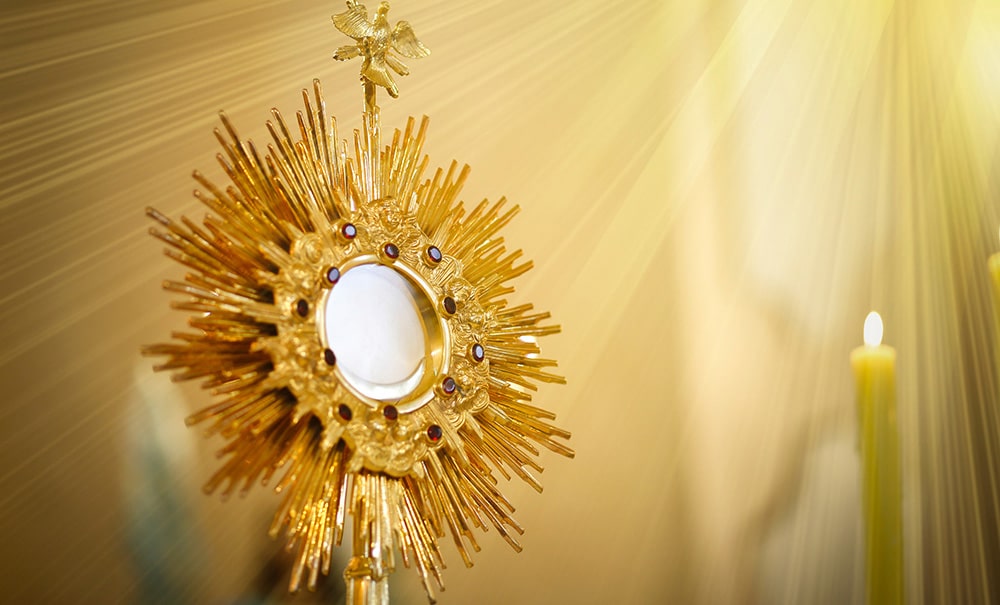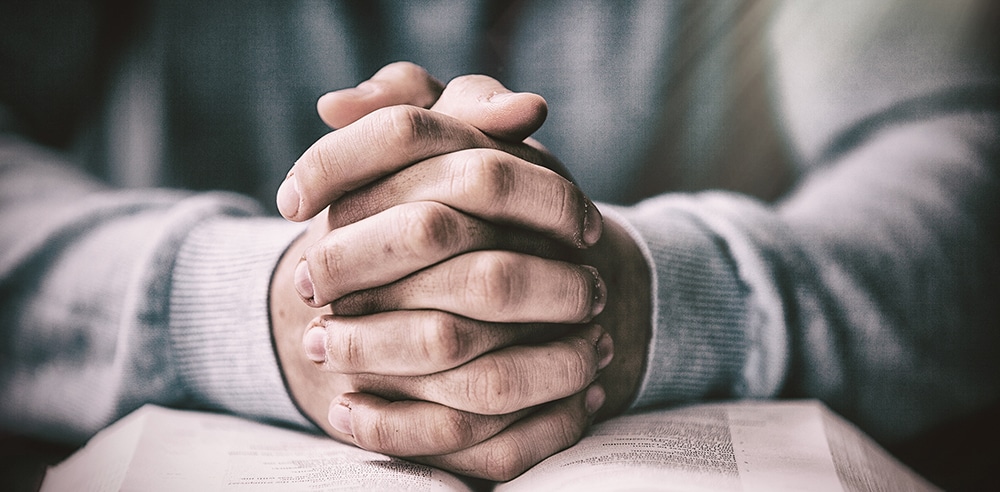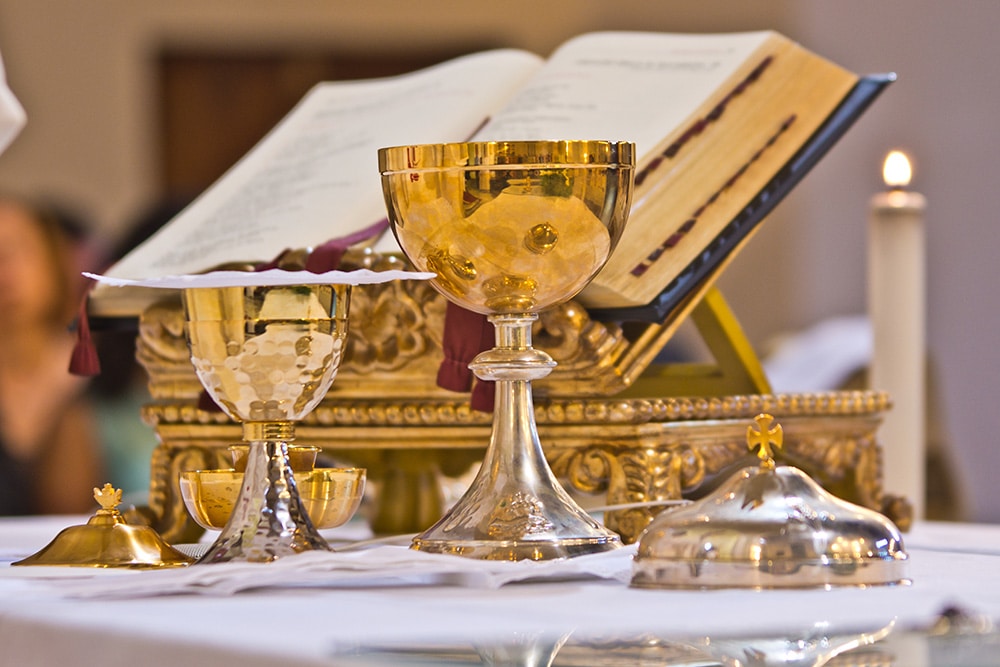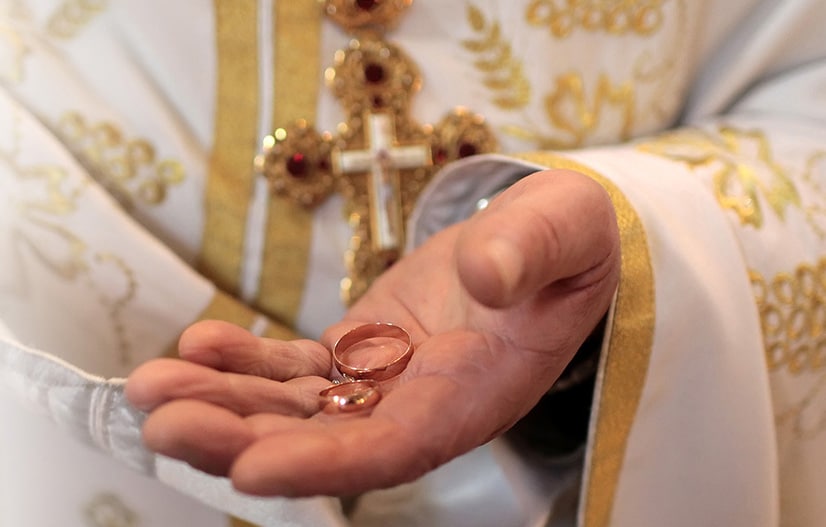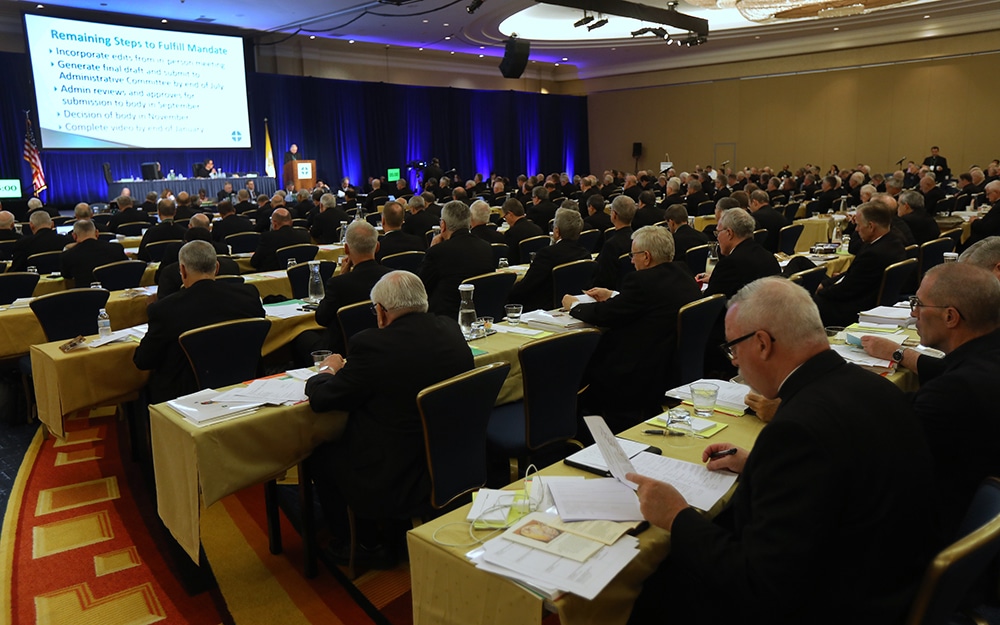Polls from Gallup and Pew tell what seems a disastrous story relative to the Church. Everyone seems to be disaffiliating from both mainline Protestantism and Catholicism alike. They leave because they disagree with Church teaching on sexual issues, perceive a clash between science and religion, are fed up with the unending waves of the sexual abuse crisis, are tired of priests who patently support political candidates from the pulpit, and generally feel unwelcome.
tell what seems a disastrous story relative to the Church. Everyone seems to be disaffiliating from both mainline Protestantism and Catholicism alike. They leave because they disagree with Church teaching on sexual issues, perceive a clash between science and religion, are fed up with the unending waves of the sexual abuse crisis, are tired of priests who patently support political candidates from the pulpit, and generally feel unwelcome.
COVID-19 has made all this bad news, well, worse. Over the last 15 months, many Catholics who were “sort of” active have not missed being present at Mass. Now vaccinated, they are asking themselves, “Why come back?”
| June 6 – The Solemnity of the Most Holy Body and Blood of Christ |
|---|
|
Ex 24:3-8
Ps 116:12-13, 15-16, 17-18
Heb 9:11-15
Mk 14:12-16, 22-26
|
The temptation will be to adopt suave marketing strategies to get folks to come to Mass in the post-COVID tide. Create some interesting commercials, up our social media game, and then they will come streaming back.
Yet, what will they find when they return?
On this feast of Corpus Christi, the Church provides an answer to this question. They will find the Eucharist, the Blessed Sacrament, Our Lord who has pitched his tent among us.
Still, most of those who we might want to come back likely know about the Eucharist. They might not be able to articulate the particulars of the doctrine of transubstantiation (as Pew polls suggest), but they know that Jesus is there. Somehow, some way.
Their problem is not the Eucharist but the Church. The Church needs a Eucharistic revival, a remembering of our identity not as a governmental organization, a political lobbying group, or a community of like-minded and socially responsible citizens who get together on Sundays.
The Church is Eucharistic through and through.
This is what the feast of Corpus Christi celebrates. God has entered history. God has entered our histories.
The Church is Eucharistic, born in some sense, on the very day that Christ gave his body and blood in the Last Supper. Christ exhorts us to “do this” in memory of him.
What we do at Mass is this act of remembering. The priest takes bread and wine and speaking not his own words but the words of Christ, he celebrates anew the Eucharistic memorial. We celebrate the Eucharistic memorial, the sacrifice of Christ made present anew.
But the Eucharistic act does not stop there. It does not stop when Christ becomes present upon the altar when we eat and drink his Body and Blood.
There is an ascetic and moral task ahead of the Church, to “become” what we have received in the Eucharistic sacrifice.
This is the kind of Eucharistic revival the Church needs, especially with all the bad news, especially with COVID-19.
The Eucharistic mystery is a mystery of divine dwelling. God dwells among us, accompanying us in our joys and sorrows. That tabernacle lamp in every Church is a vision of a love that refuses to depart, that never abandons, that is pure gift.
A Eucharistic revival is a transformation of the parish, of every Catholic institution, into a space of gift and love. If people come back to our parish, and they discover a tired, apathetic, gossipy, closed-off, maybe even racist community of those who love themselves most of all, they encounter a contradiction. Is this a Eucharistic community? Can I belong here?
Instead, we must gather and rely exclusively upon the gift of love offered to us by our Eucharistic Lord. This requires a change of heart, to become a communion defined not by party politics but by a Eucharistic love that should become the beating heart of the world.
The Church, if we want people to come back, must become totally, absolutely, resolutely Eucharistic.
Timothy P. O’Malley, Ph.D., is the director of education at the McGrath Institute for Church Life at the University of Notre Dame.

